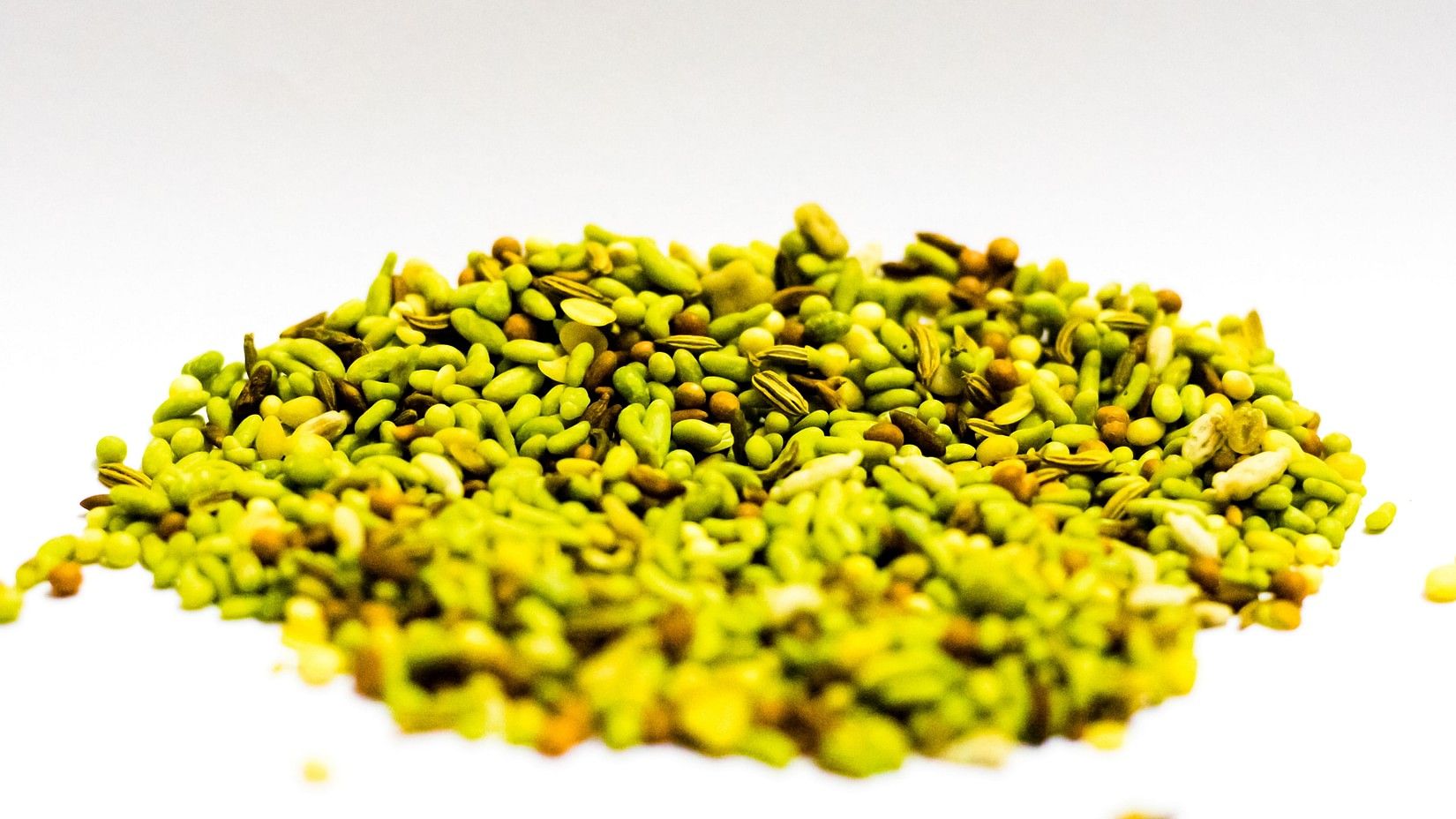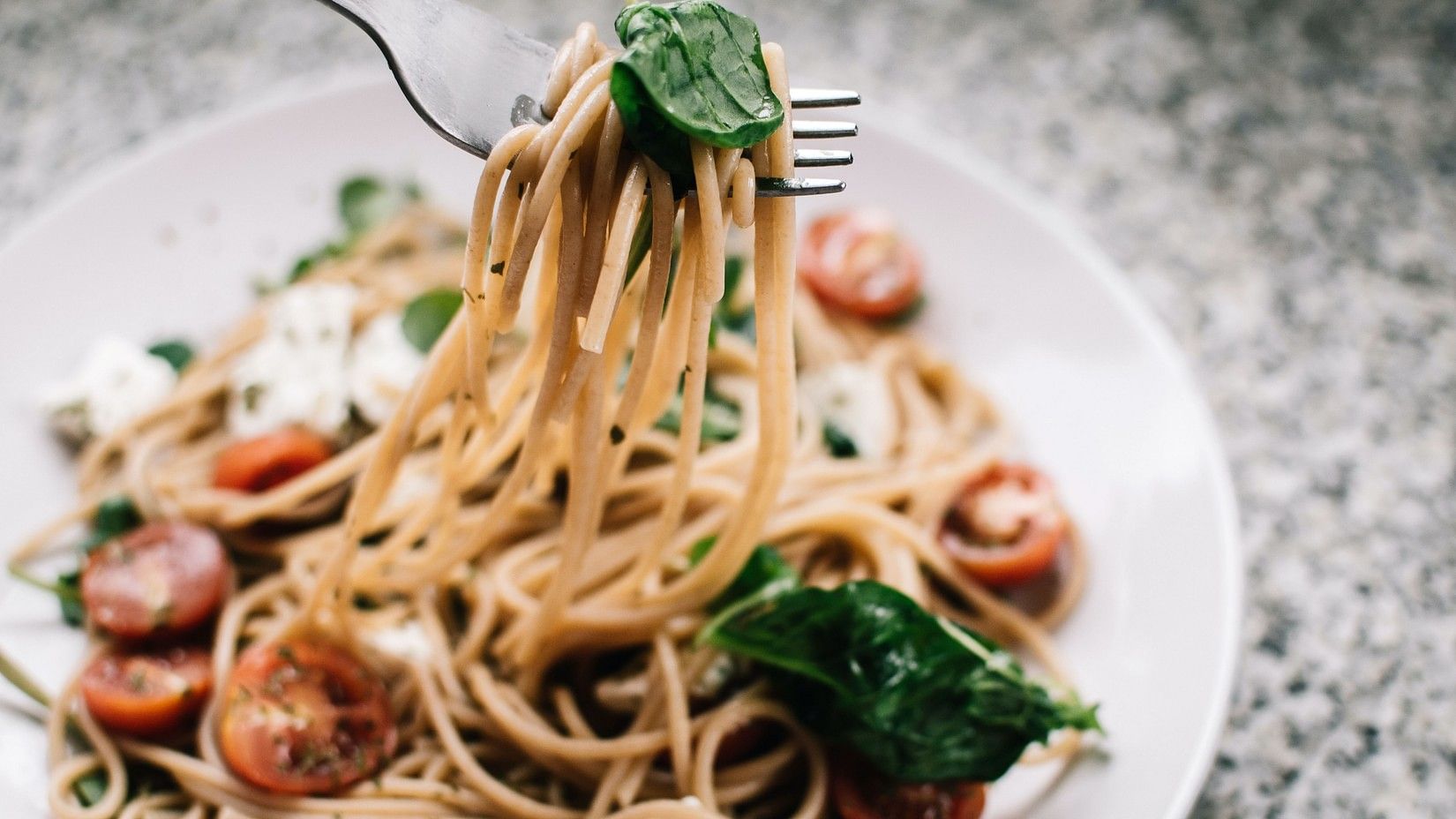- Where Valentine’s Meets Wellness
- A Wellness Experience at YO1
- Daily Practices to Calm Anxiety
- Holiday Wellness Guide: Staying Fit Through Christmas and the New Year
- Top Winter Wellness Rituals Backed by Ayurveda and Modern Science
- 7 Reasons to Discover Ultimate Serenity with Naturopathy
- Embrace Wellness Winter
- 7 Wellness Tips For Your Longevity
- World Mental Health Day: Essential Insights for Balanced Life
- 5 Ways to Achieve Optimal Digestive Health
- Exploring the Health Benefits of 5 Popular Types of Massages
- How Spas Rejuvenate the Body, Mind, and Soul
- What is Swedish Massage
- Valuka Sweda
- Januvasti
- Annalepam
- Navara Kizhi
- Shiro Vasti
- Udhwarthanam
- Podikizhi
- Pizhichil
- Upanaham
- Merudanda Vashti
- Netra Tarpana
- Greeva Pichu
- Greeva Vasti
- Merudanda Pichu
- What is Ayurveda?
- The Benefits of Practicing Ayurveda
- Ayurveda: An Alternative Medicine
- Techniques and Benefits of Shiro Abhyanga in Ayurveda
- The Ayurvedic Cleanse of Panchakarma
- How Padabhyangam Therapy Heals Your Body and Mind
- Elements in Ayurveda and their Significance
- Live The Tranquil Life
- Detox and Rejuvenate with Acupuncture
- Lifestyle Management with Yoga and Meditation
- A Unique Approach To A Healthy Diet
- Weight Management with Ayurveda
- Wellness Retreats to Celebrate Women's Day
- Best Stress Relief Techniques
- Benefits of Massage Therapy
- 10 Quick & Easy Fresh Juice Recipes
- Everything you need to know about Holistic Health Assessment
- Essence of Yoga
- Why Must You Practice Yoga Regularly?
- The Basics of Ayurveda
- Boost Your Immunity With Naturopathy Amidst The Pandemic
- 5 Ways To Bring Down The Risk Of Seasonal Diseases
- 5 Amazing Tips To Improve Your Immunity
- 4 Everyday Habits That Might Be Harming Your Gut Health
- Reiki: The Healing Touch
- Your Ultimate Guide To Chakra Meditation
- Embrace the Naturopathic Way of Life
- Best Therapies for Chronic Neck Pain
- 4 Things Not To Do After A Filling Meal
- 8 Things That Weaken Your Immune System
- Try These 12 Things to Beat Panic and Stay Calm
- Beat Stress With These Foods During COVID-19
- Diet and Depression: What to Eat, What to Avoid
- Is Depression Keeping You Sedentary? Here is what you can do
- A Low FODMAP Diet For Better Digestive Health
- Want to Increase Sperm Count? Go the Nature's Way
- Home Remedies to Manage your PCOS
- Try Ayurveda to get pregnant faster
- Try Fertility Yoga to Support Reproductive Health
- Should You Ditch Dairy Products For Weight Loss?
- 6 Principles of naturopathy you should know about
- 9 Home Remedies For Digestive Issues
- Ayurvedic Remedies to treat COVID-19
- Importance of Doshas
- Acupuncture: The perfect healing therapy to boost fertility
- Fighting COVID-19 with Ayurveda
- A positive attitude will help you deal with COVID-19
- Practice yoga to boost mental health during COVID-19
- What to do when taking a deep breath just isn't enough
- Four Things To Gift Your Dad This Father’s Day
- Simple Steps To Spend Your 4th Of July Weekend
- 5 Amazing Things to Do During This Fall When You Plan Your Trip
- 4 Therapies for women dealing with stress & anxiety
- Importance of Ayurvedic Treatment in The Modern World
- What is Naturopathy & how does it benefit you?
- 10 Winter Wellness Tips For Your Health
- Weekend Getaways & Health Benefits
- The Importance Of Having Corporate Retreats
- 6 Reasons Why You Should Go To Health and Wellness Retreat
- 6 Habits to Consider in New Years Resolutions
- 5 Tips to Welcome Healthy Spring Season
- 6 Wellness Tips to Reignite the Spark of Love this Valentine Day
- 6 Wellness Tips for Longevity
- Catskills Most Sought Destination for Wellness Lovers
- 5 Springtime Wellness Tips
- How Detoxing Your Body Can Contribute to Your Holistic Wellbeing
- Unlock Secrets of Longevity with Spring Rejuvenation
- World Health Day: 6 Ways To Embrace The Power of Good Health
- Things To Do Around The Bethel Woods Center of Arts
- 5 Healthy Habits to Attain Longevity
- Mother's Day Give Her Gift of Wellness
- How To Deal With Anxiety and Depression
- Yoga For Beginners
- How to Make the Most of International Yoga Day
- Benefits Of Shirodhara Therapy To Restore Your Wellbeing
- Stress Taking A Toll On Your Health?
- How a Wellness Retreat Can Help You Get Through Panic Attacks
- Elevating Your Mind, Body, and Soul with Effective Wellness Prog
- Unlock the Secret to Restful Nights: YO1's Insomnia Management P
- Tips for a Healthier Labor Day Weekend
- Why Choose a Wellness Retreat Over a Typical Holiday
- 5 Ways to Unlock Optimal Health and Wellness
- World Vegetarian Day Health Benefits
- Catskills Resort Perfect Wedding Venues
- Stress Management Program for Mind Body
- Role of Healthy Diet in Longevity
- Enhancing Couple Wellness this Valentine Day
- 6 Anxiety Management Tips
- Wellness Benefits of Spa Treatments
- Womens Wellness Retreat A Step by Step Guide
- Weight Management Why It Matters
- Tips for Spring Season
- Self Care Simple Strategies
- 7 Spring Season Foods to Boost Health
- How Yoga Can Improve Physical and Mental Health
- Top Natural Remedies for Spring Allergy Relief
- How Hydrotherapy Impact the Mind and Body
- Tips For Managing Daily Anxiety and Stress
- Celebrate International Yoga Day with Top 10 Yoga Poses
- 10 Nutritious Foods to Manage Type 2 Diabetes
- Meditation Techniques to Calm Anxious Mind
- What to Expect During the Ayurvedic Detox Program?
- Top 10 Benefits of Acupuncture Therapy
- What to Expect From Your First Yoga Retreat
- YO1 Resorts Featured in Smile 2 Movie
- Bethel Woods Center for the Arts: All You Need to Know
- Everything You Need to Know About Deep Tissue Massage
- Ways to Celebrate Labor Day
- Best Wellness Resorts in Catskills New York
- 5 Common Myths About Weight Management
- Luxury Recovery at YO1 for Spartans Race

Peppermint tea
Peppermint also contains a volatile oil that helps improve your digestion. Boil a few peppermint leaves along with a glass of water and sip on the warm peppermint tea. You can also add a few drops of edible peppermint oil into a glass of warm water to get relief from indigestion. However, peppermint is known to aggravate the acidic levels in the body and consuming it when you have heartburn may not be the right remedy.
Fibre
People who have a problem with constipation generally suffer from a sluggish feeling along with bloating and gas. In some cases, they may also experience a slight headache or a feeling of lethargy which is not ideal. To deal with these symptoms, it is best to increase the fibre in your diet. This will ensure that your bodily wastes get eliminated easily. Bananas and leafy vegetables are rich in fibre and can help deal with problems like constipation.

Figs
Figs are known to contain certain proteins that induce a natural laxative action, which can be very useful when dealing with digestive issues like constipation. You can soak the figs overnight and eat them in the morning. You can also drink the water in which the figs are soaked to enable you to pass stools without straining your body.
Fennel
Fennel or saunf is known to contain volatile components that are useful in reducing flatulence. Fennel seeds can be consumed right after a meal to better your digestion or it can be added to a glass of water and boiled to make a warm tea that will help soothe the irritation in the stomach.

Eat slowly, chew well
Wolfing down your meals makes you swallow a greater amount of gas than when you chew slowly. When you gobble your food, there is no time for the salivary juices to work on the food in the mouth and this increases the load on the digestive system. The best way to overcome this issue is to chew slowly, which results in better digestion of the food that you consume.
Get meal timings right
Skipping breakfast and going straight to lunch creates a big gap between meals. This can lead to heartburn, gastric irritation and acidity. In addition to this, if you eat too fast or consume more calories to assuage your hunger, a greater strain is placed on the digestive system. When you do this every day, you are providing an open invitation to conditions like chronic indigestion, constipation and bloating. The best way to overcome this problem is to consume meals at more frequent intervals and make sure that you don't miss out on your breakfast. In addition to this, make sure you consume your dinner at least 2 - 3 hours before going to bed so that your digestion process starts well before you fall asleep.

Keep stress at bay
Stress and anxiety are linked to many of the problems related to the digestive system. Stress and digestive issues form a vicious cycle wherein stress lead to digestive problems and increased digestive problems lead to increased stress. This is not good for the mind or the body. When you feel stressed, practice yoga, meditation or physical exercise to get relief and, over time, you will notice a gradual decrease in stress-related digestive problems.
Avoid cold foods and drinks at mealtimes
Consuming cold foods and drinks at mealtimes can reduce the effectiveness of the digestive juices and enzymes present in your body. This leads to several digestive problems. Therefore, it is best to eat food and drink at room temperature or even at a slightly warm temperature to ensure that your digestive system works to absorb all the nutrients present in the food.

GET IN TOUCH
Please take a moment to fill out the form below with your contact information. A YO1 Longevity & Health Resorts representative will reach out to you with additional information.















